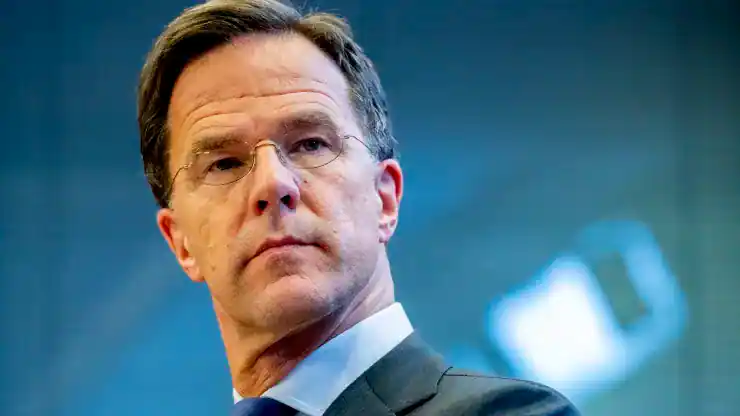Dutch Prime Minister Mark Rutte has made his decision to retire from politics public. This comes after his government’s resignation prompted a general election, as he revealed.
ABC News hinted that on Monday, Mark Rutte, the Netherlands’ conservative leader and longest-serving premier, made the announcement. This is deemed a final countdown on his more than 13-year tenure in power.
During an impromptu parliamentary debate focused on the downfall of his most recent governing coalition, the 56-year-old leader of the People’s Party for Freedom and Democracy (VVD) declared his decision.
‘Yesterday morning I made a decision that I will not be available again as a leader of the VVD. When a new Cabinet takes office after the elections, I will leave politics,’ Rutte said.
It was referred to as a ‘personal decision, regardless of the developments in recent weeks.’
Mark Rutte’s four-party ruling coalition, as per ABC News, resigned on Friday after their inability to come to an agreement on a series of measures designed to regulate migration.
Mark Rutte made it clear that the resignation was a result of a unanimous decision by the four partner parties, as they faced ‘irreconcilable differences.’
As of now, it remains unclear who will take over as the leader of the VVD following Mark Rutte’s departure. Sophie Hermans, Rutte’s former political assistant, currently holds the position of leading the party’s parliamentary faction.
Read also: Four Passengers Die On Stranded Dutch Cruise Ship
While no specific date has been set for the election, it is anticipated that it will not take place before October or November.
Mark Rutte’s leadership was tested during challenging times, including incidents like flooding and the shooting down of Malaysia Airlines flight MH17 over eastern Ukraine on July 17, 2014.
His response to the aftermath, which involved the loss of nearly 200 Dutch citizens caused by pro-Russia rebels, earned recognition and praise even from those who opposed him politically.
In spite of controversies that plagued his government, Mark Rutte managed to retain favorability among voters.
However, his exit from the political landscape introduces a level of unpredictability to the forthcoming election, leaving room for potential shifts to either the left or the right of the political spectrum.

